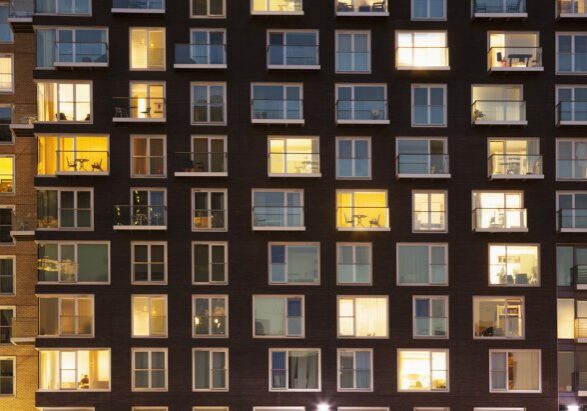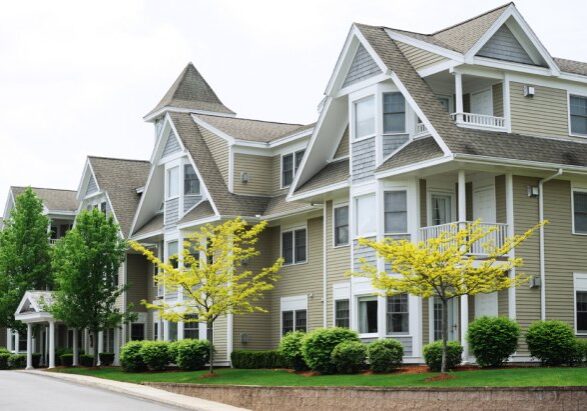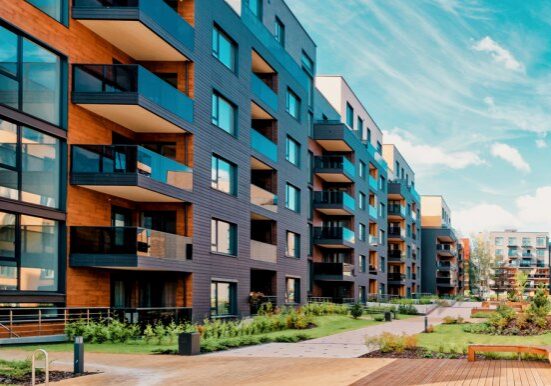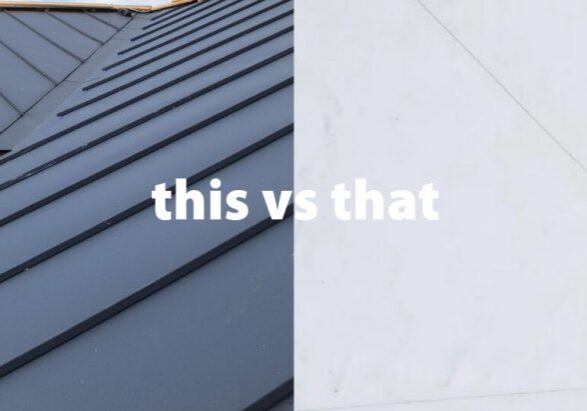Insights
How co-care can help attract the middle-income market
New senior living design concept could be a game-changer.
New tech tools coming soon to a project near you
Here’s what’s on the horizon in construction technology.
Making senior housing affordable
On senior housing construction projects, how do you keep it appealing to prospective residents while containing costs?
9 Tips for Communicating with Your Contractor
For commercial construction success, communication is key.
Renovating senior community housing? 3 invaluable construction strategies
To stay competitive and relevant in the rapidly-evolving senior community housing industry, many are turning to major renovation projects.
How much space do I need for my business?
There’s much to consider: your unique business needs, staff space needs, common areas and customer service areas.
Steps to building commissioning
Building commissioning for your new construction can be a complicated process, but it also is one that pays back in terms of improved project outcomes. Building commissioning ensures project requirements are met.
Senior Living: where hospital and hospitality design intersect
Enter the age where hospital and hospitality design intersect. Senior living communities embrace a bold design aesthetic for the modern age.
This vs. that: white TPO versus black roofing
Selecting roofing for your next commercial project is about much more than aesthetics: white TPO roofing and black roofing have their own benefits and drawbacks.
DBS Group to build out new Uncork’d
Uncork’d, a Texas-based wine bar and restaurant, has contracted with DBS Group to build a second location.









